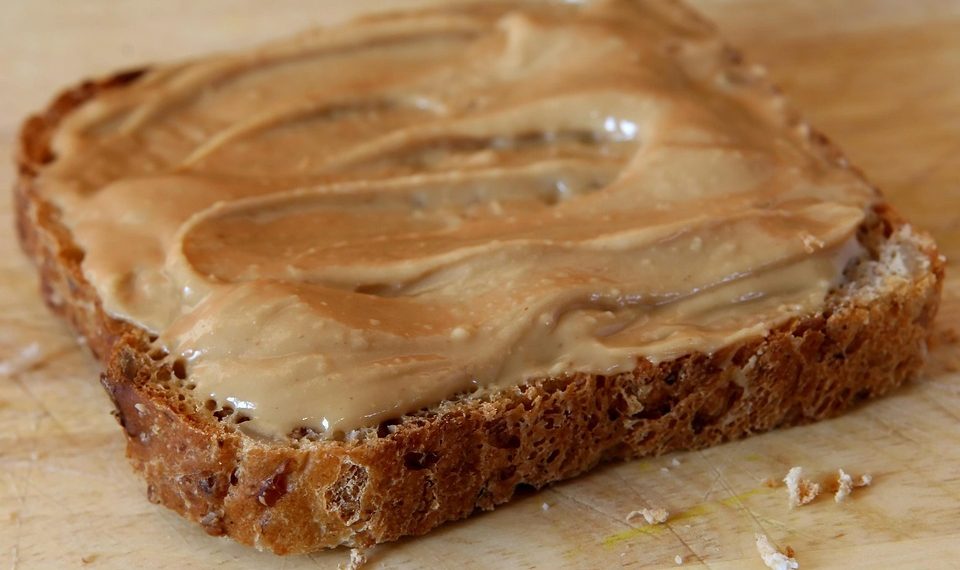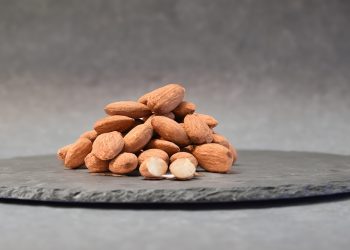Whole grains are more than just a trendy food label; they’re a powerhouse of nutrition that can transform your health in ways you might not expect. When you choose whole grains, you’re giving your body a gift that keeps on giving. The benefits are numerous, and understanding them can motivate you to make better food choices. So, let’s dive into the ten surprising benefits of whole grains for your health!
Contents
- What Are Whole Grains?
- 1. Boosts Digestive Health
- 2. Supports Heart Health
- 3. Aids Weight Management
- 4. Regulates Blood Sugar Levels
- 5. Enhances Nutrient Intake
- 6. May Reduce Cancer Risk
- 7. Improves Mood and Mental Health
- 8. Supports Healthy Skin
- 9. Promotes Healthy Aging
- 10. Environmental Benefits
- Bottom Line
- FAQs
What Are Whole Grains?
Whole grains include the entire grain kernel—bran, germ, and endosperm. This means they retain all their natural nutrients, unlike refined grains that strip away essential components. Think of whole grains as nature’s multivitamin, packed with fiber, vitamins, and minerals.
Why choose whole grains? Because your body deserves the best. Making this simple switch can significantly impact your overall well-being.
1. Boosts Digestive Health
Let’s talk about fiber. Whole grains are rich in dietary fiber, which is crucial for a healthy digestive system. Fiber helps prevent constipation, promotes a healthy gut microbiome, and can even reduce the risk of diverticular disease.
- What You Can Do: Incorporate oats, quinoa, or brown rice into your meals. Start your day with a hearty bowl of whole-grain oatmeal for a fiber-packed breakfast that keeps you feeling full and satisfied.
2. Supports Heart Health
Did you know that eating whole grains can lower your risk of heart disease? Studies show that whole grains can help reduce cholesterol levels and lower blood pressure. They contain antioxidants and nutrients like magnesium, which are essential for heart health.
- What You Can Do: Aim for at least three servings of whole grains each day. Try adding whole grain bread to your sandwiches or opting for whole grain pasta in your favorite dishes.
3. Aids Weight Management
If you’re looking to manage your weight, whole grains can be your best friend. They are more filling than refined grains, which means you’re less likely to overeat. The fiber in whole grains slows digestion, helping you feel satisfied longer.
- What You Can Do: Swap out white rice for quinoa or farro. These grains not only fill you up but also provide a delightful nutty flavor that elevates any meal.
4. Regulates Blood Sugar Levels
Whole grains have a lower glycemic index compared to refined grains, which means they cause a slower rise in blood sugar. This is especially beneficial for individuals with diabetes or those at risk.
- What You Can Do: Choose whole grain options like barley or whole grain bread. They help stabilize your energy levels and keep those pesky cravings at bay.
5. Enhances Nutrient Intake
Whole grains are a treasure trove of nutrients. They’re packed with B vitamins, iron, magnesium, and antioxidants. These essential nutrients play a significant role in everything from energy production to immune function.
- What You Can Do: Mix different whole grains into your meals. A colorful grain bowl with mixed grains, vegetables, and a protein source is a nutrient-packed option that’s delightful and satisfying.
6. May Reduce Cancer Risk
Research suggests that consuming whole grains can lower the risk of certain cancers, particularly colorectal cancer. The fiber and antioxidants in whole grains may protect against cellular damage.
- What You Can Do: Incorporate whole grains like brown rice and whole wheat bread into your diet regularly. Every little bit counts when it comes to cancer prevention.
7. Improves Mood and Mental Health
Surprisingly, whole grains can even impact your mental well-being. The nutrients in whole grains help regulate serotonin levels, which can improve your mood and mental clarity.
- What You Can Do: Start your day with a whole grain breakfast to fuel your brain. Try whole grain toast with avocado for a delicious, mood-boosting meal.
8. Supports Healthy Skin
Whole grains can contribute to glowing skin. The vitamins and minerals found in these grains support skin health and may even help in repairing skin damage.
- What You Can Do: Incorporate whole grains into your diet, and watch your skin transform. Whole grain breakfast cereals can be an easy addition to your morning routine.
9. Promotes Healthy Aging
The antioxidants in whole grains help combat oxidative stress, which can accelerate aging. Consuming whole grains may help you stay youthful and vibrant as you age.
- What You Can Do: Enjoy an array of whole grains in your meals. Experiment with different types to keep your palate excited and your body thriving.
10. Environmental Benefits
Choosing whole grains can positively impact the environment. Whole grain farming practices often promote better soil health and reduce the need for synthetic fertilizers and pesticides.
- What You Can Do: Support local farms that grow whole grains. You’re not just nourishing your body; you’re contributing to a healthier planet.
Bottom Line
Whole grains are a delicious and nutritious choice that can truly enhance your health in surprising ways. From boosting your digestive health to supporting heart health and even impacting your mood, the benefits are endless. Making the switch to whole grains is one of the simplest yet most powerful changes you can make for your health.
So why wait? Start incorporating more whole grains into your meals today and feel the difference in your body and life.
FAQs
1. How can I tell if a grain is whole?
Look for “whole” in the ingredient list. For instance, whole wheat flour or brown rice indicates a whole grain.
2. How many servings of whole grains should I eat daily?
Aim for at least three servings of whole grains each day for optimal health benefits.
3. Are whole grains suitable for everyone?
Most people can enjoy whole grains, but if you have specific dietary concerns or conditions, consult a healthcare professional for personalized advice.
For more information on the benefits of whole grains, check out resources from the Whole Grains Council, Harvard Health, and the American Heart Association.
Start your journey to better health today. Your body will thank you!
Get Your FREE Natural Health Guide!
Subscribe now and receive our exclusive ebook packed with natural health tips, practical wellness advice, and easy lifestyle changes — delivered straight to your inbox.














